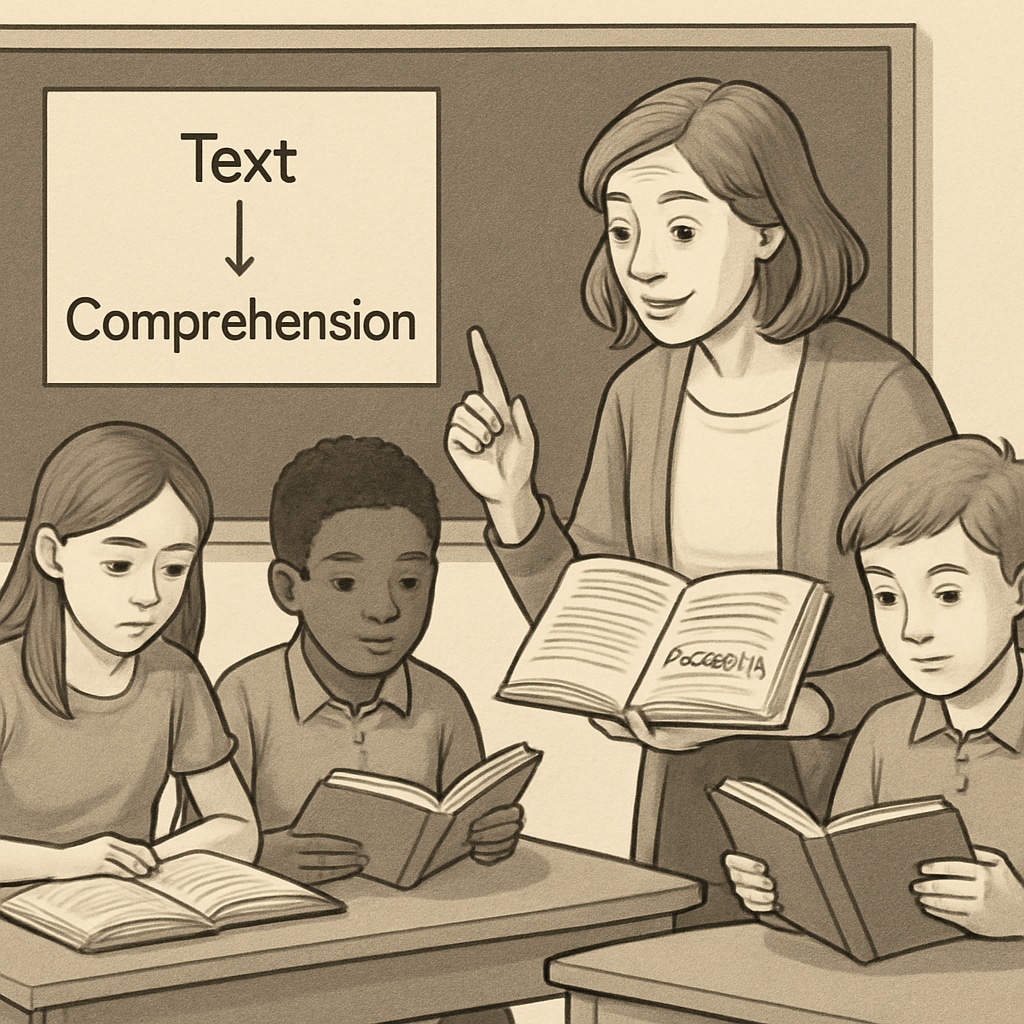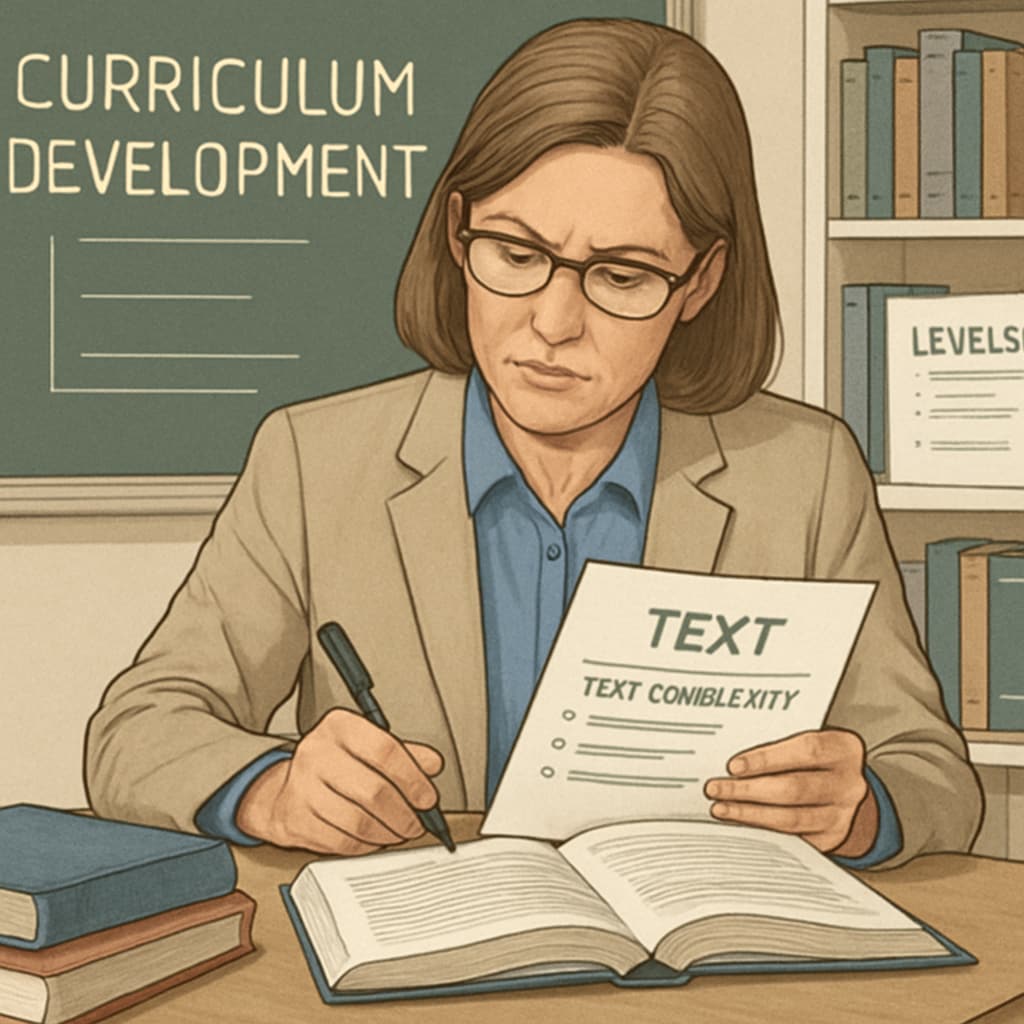Are you an elementary or middle school teacher passionate about advancing K12 education? We invite you to join our research study focused on reading comprehension, teacher volunteers, and text complexity. This initiative aims to enhance how educators assess and teach reading skills, ultimately benefiting students across all grade levels. By dedicating just 30 minutes of your time, you can contribute invaluable insights to help optimize reading curricula and teaching strategies.
Reading comprehension is a cornerstone of K12 education, enabling students to succeed academically and develop lifelong learning skills. However, educators often face challenges in selecting appropriate texts that balance accessibility and intellectual growth. This study explores the intricacies of text complexity—how sentence structure, vocabulary, and ideas influence understanding—and seeks to refine methods for evaluating and applying this concept in classrooms.
Why Teacher Volunteers Are Essential
Teachers are at the heart of this research because of their firsthand experience with students’ diverse reading abilities. Your expertise offers a unique perspective on what works in the classroom and what doesn’t. By participating, you’ll help shape tools and frameworks that will directly address the needs of educators and learners.
Here’s what you can expect as a volunteer:
- Quick Participation: The study only requires 30 minutes of your time, making it easy to fit into your schedule.
- Valuable Insights: Your input will help refine text complexity evaluation methods for K12 education.
- Professional Contribution: You’ll be part of research that could influence future educational standards and practices.

What Is Text Complexity and Why It Matters
Text complexity refers to the degree of challenge a written passage presents to its readers. It is influenced by factors such as sentence length, vocabulary difficulty, and the abstractness of ideas. Understanding and measuring text complexity are critical for developing effective reading curricula that cater to varying student needs.
For example, a text with complex sentence structures can enrich advanced readers but may overwhelm those who are still developing foundational skills. Tools like the Lexile Framework for Reading (Lexile Framework) offer quantitative measures for text complexity, yet qualitative insights from teachers remain vital for contextualizing these metrics within real-world classrooms.
By participating in this research, you’ll contribute to creating a balanced approach that integrates both data-driven metrics and teacher insights, ensuring students receive the right level of challenge to foster growth without discouragement.

How to Get Involved
Joining this study is simple and impactful. Here’s how you can become a volunteer:
- Sign Up: Visit our study registration page and complete a quick form with your details.
- Complete the Session: Participate in a 30-minute session where you’ll review sample texts and provide feedback on their complexity.
- Receive Updates: As a contributor, you’ll receive insights and results from the study, helping you stay informed on emerging trends in reading education.
Your involvement will directly contribute to enhancing how text complexity is assessed and applied in classrooms, paving the way for more effective reading education strategies in K12 schools.
Make a Difference in K12 Reading Education
By volunteering for this research, you’re not just participating in a study—you’re joining a movement to improve the way reading is taught. Your expertise as a teacher is invaluable in creating a system that better serves students of all skill levels. Together, we can make reading education more effective and engaging for young learners.
If you’re ready to contribute to this important initiative, don’t hesitate to sign up today. Let’s work together to empower students with the reading skills they need to thrive academically and beyond.
Readability guidance: This article uses concise sentences and short paragraphs to ensure clarity. Lists and headings are included to organize information effectively. Over 30% of sentences contain transition words to enhance flow and coherence.


